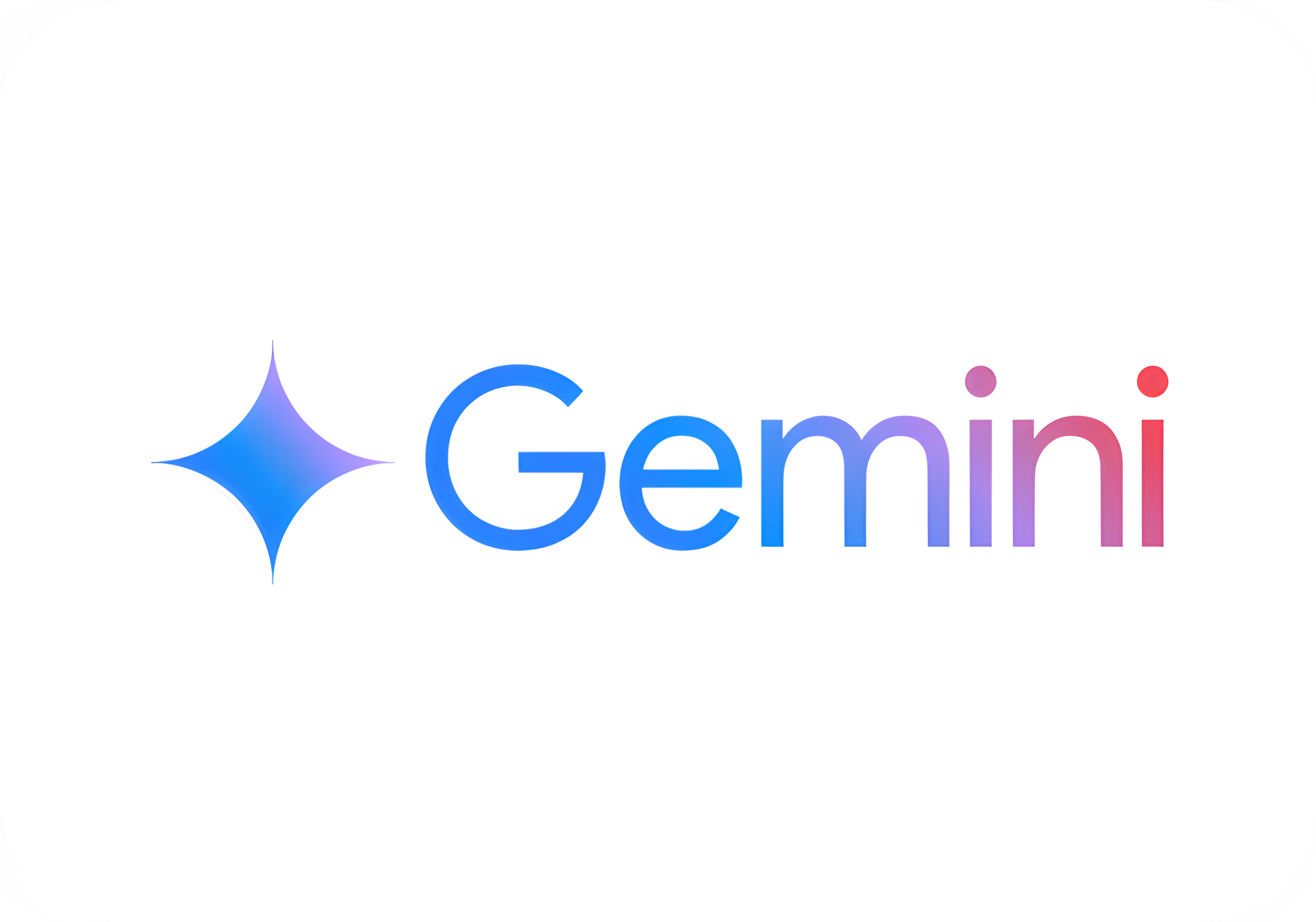Folk singer Emily Portman has become the latest artist targeted by fraudsters releasing AI-generated music in her name. Fans alerted her to a fake album called Orca appearing on Spotify and iTunes, which she said sounded uncannily like her style but was created without her consent.
Portman has filed copyright complaints, but says the platforms were slow to act, and she has yet to regain control of her Spotify profile. Other artists, including Josh Kaufman, Jeff Tweedy, Father John Misty, Sam Beam, Teddy Thompson, and Jakob Dylan, have faced similar cases in recent weeks.
Many of the fake releases appear to originate from the same source, using similar AI artwork and citing record labels with Indonesian names. The tracks are often credited to the same songwriter, Zyan Maliq Mahardika, whose name also appears on imitations of artists in other genres.
Industry analysts say streaming platforms and distributors are struggling to keep pace with AI-driven fraud. Tatiana Cirisano of Midia Research noted that fraudsters exploit passive listeners to generate streaming revenue, while services themselves are turning to AI and machine learning to detect impostors.
Observers warn the issue is likely to worsen before it improves, drawing comparisons to the early days of online piracy. Artists and rights holders may face further challenges as law enforcement attempts to catch up with the evolving abuse of AI.
Would you like to learn more about AI, tech, and digital diplomacy? If so, ask our Diplo chatbot!










